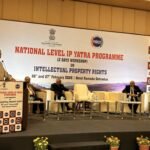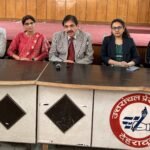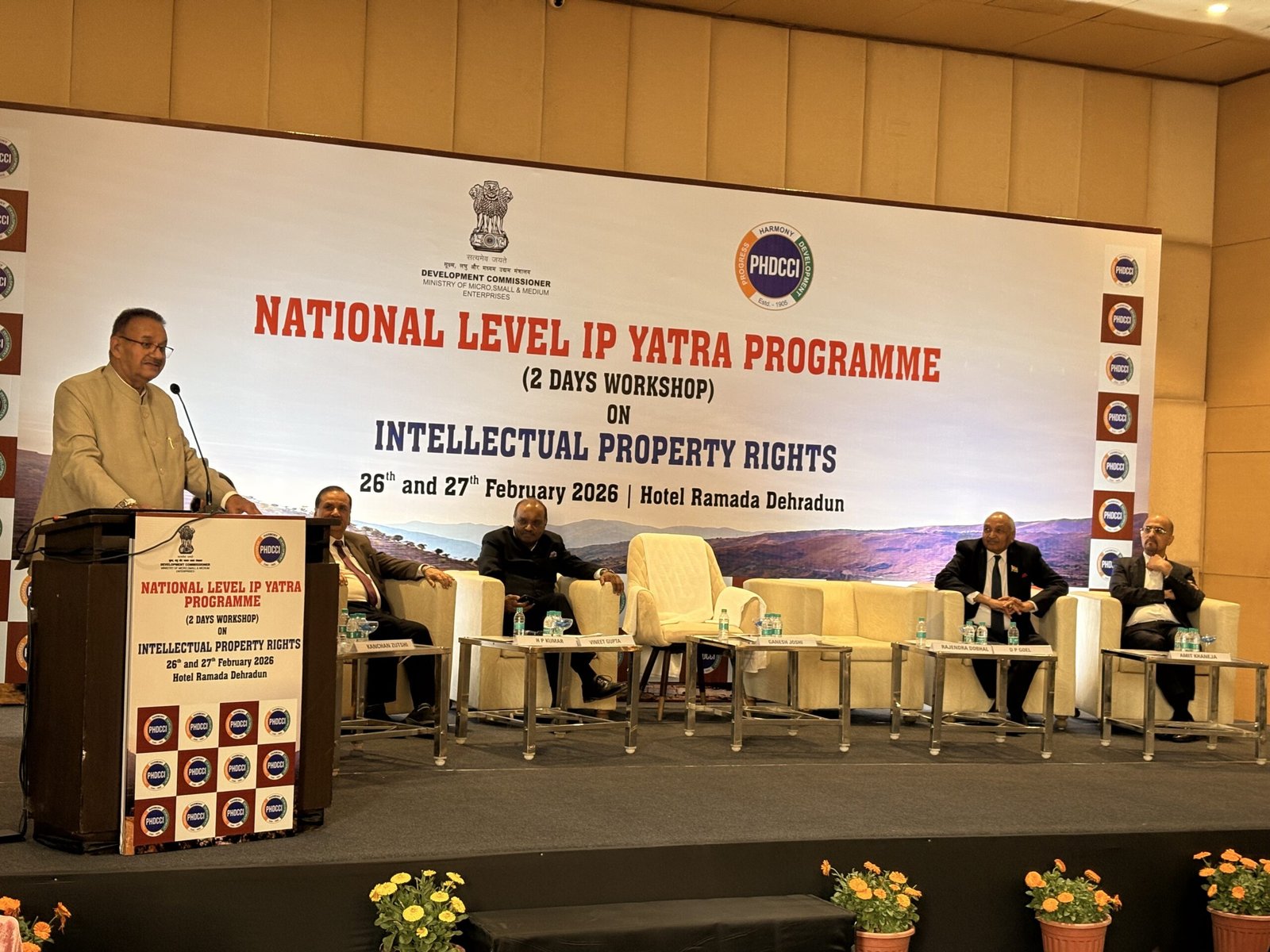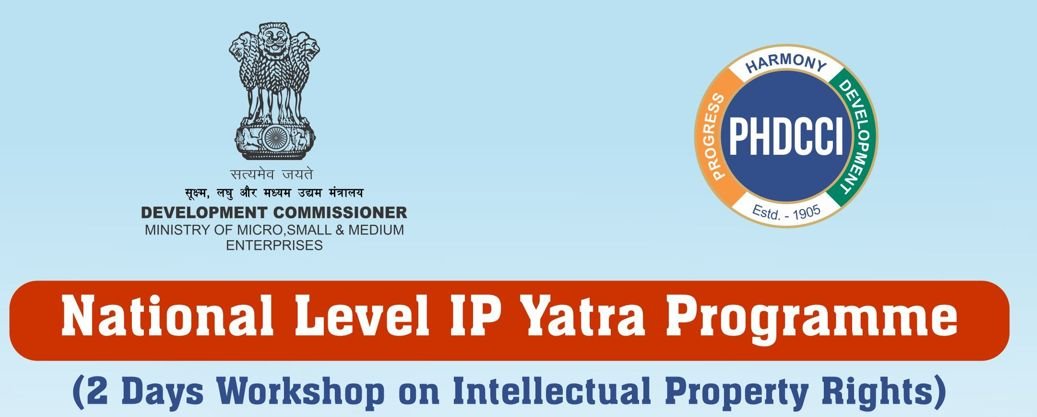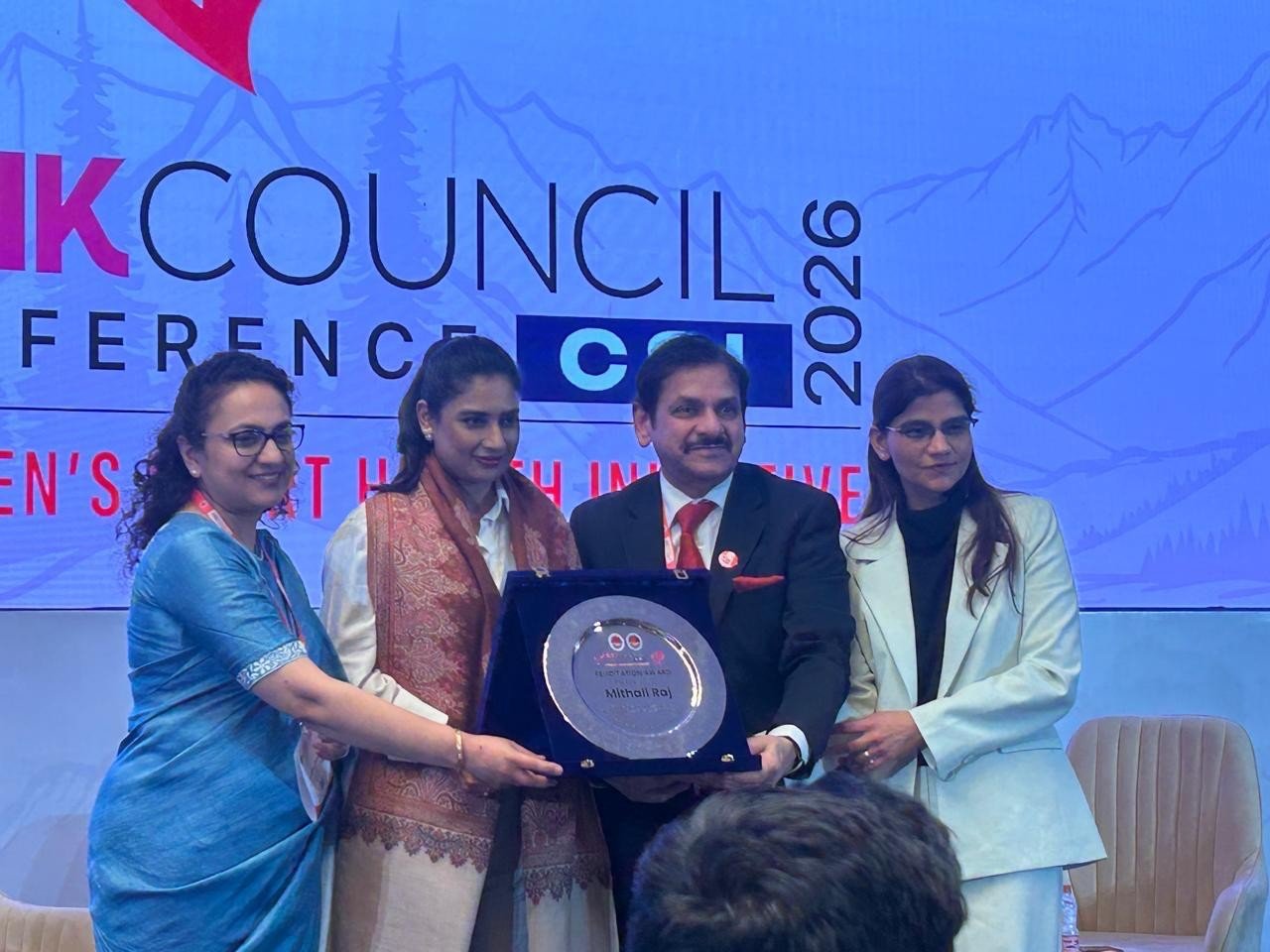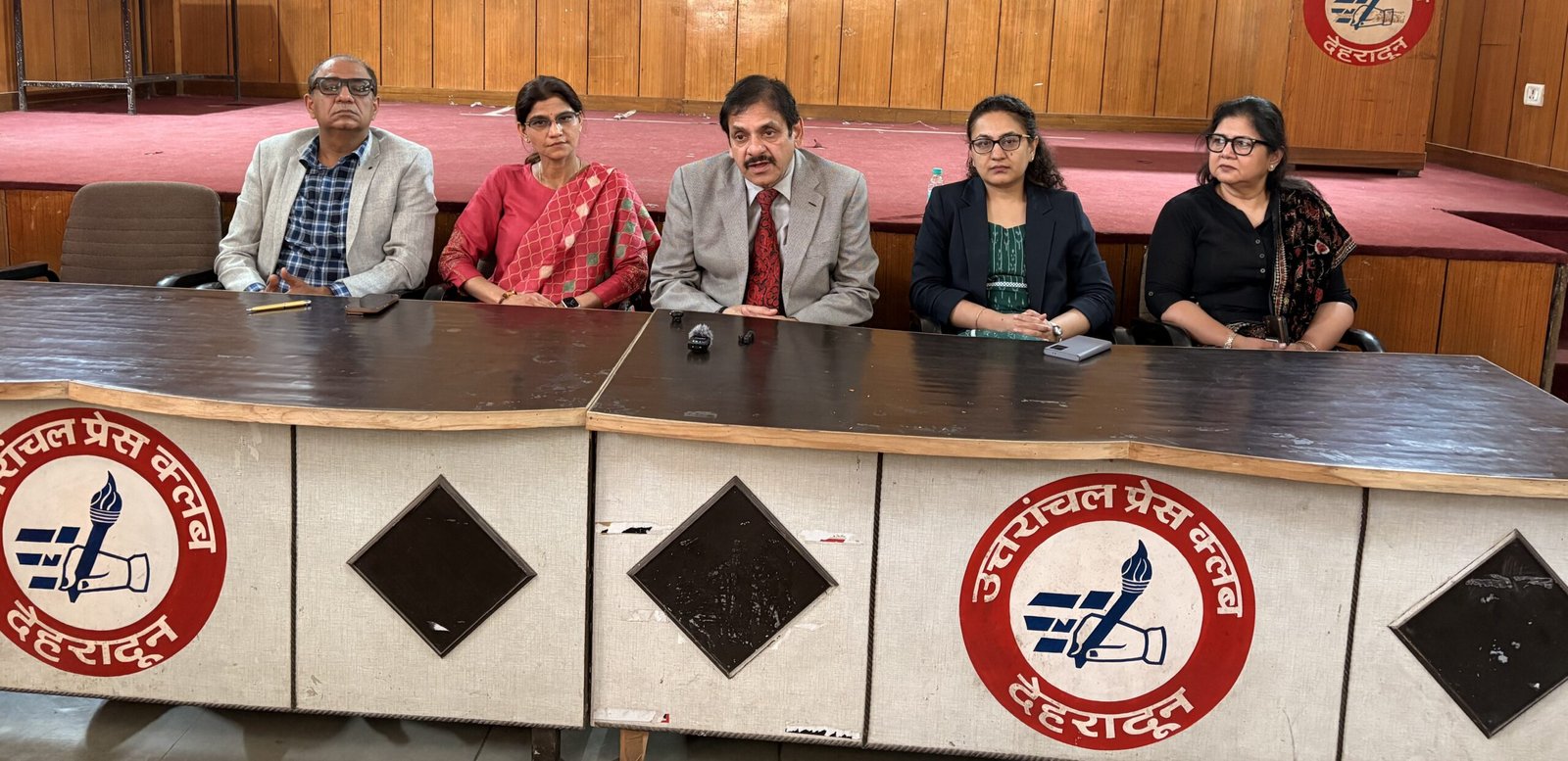Dehradun: As part of the ongoing Viksit Krishi Sankalp Abhiyan (VKSA)-2025, the ICAR–Indian Institute of Soil and Water Conservation (ICAR-IISWC), Dehradun, has actively continued its outreach efforts. On the eleventh day of the campaign, held on 8 June 2025, teams of scientists from the institute visited 24 villages to assess the challenges faced in Kharif crop management and to provide targeted, location-specific advisories to farmers.
Problems observed: During the visits, several pressing issues were identified. In sugarcane cultivation, farmers reported severe irrigation problems due to high levels of pollution in the Suswa River in the Doiwala Block, primarily from domestic waste and plastic pollution. Despite the presence of water treatment facilities at multiple points, water quality remains a significant concern. Additionally, farmers raised issues regarding unfair procurement practices by the government-run sugar factory, which holds a monopoly in the region. These practices include non-declaration of procurement rates while procuring and delayed payments, further exacerbating farmer distress. Agronomically, sugarcane fields exhibited yellowing of leaves, attributed to yellow leaf virus, micronutrient deficiencies, and water stress.
Dust pollution and sediment deposition from nearby sand mining activities were also observed to be affecting overall crop productivity. In the livestock sector, farmers reported low milk yields, difficulties with artificial insemination, and inadequate support systems from concerned agencies. These challenges contribute to the growing problem of stray animals on roads and in public areas. There is also an identified need to promote improved poultry, goat farming and fish farming in the region.
Farmers highlighted issues related to agricultural inputs, especially the supply of seedlings and chemicals by unregistered or unreliable vendors, leading to financial losses. This calls for immediate regulatory intervention by government bodies to safeguard farmer interests.
Beyond these location-specific concerns, several common challenges were documented across the visited areas. These include wildlife intrusion, inadequate irrigation infrastructure, unreliable access to quality inputs, limited crop diversification, grass infestation in paddy and sugarcane, and pest and disease outbreaks in key crops such as maize, paddy, urad dal, tomato, ginger, and colocasia. Marketing of produce remains difficult, and there is a lack of institutional support for soil health management and overall farming sustainability.
Solutions shared: In response to these challenges, scientists provided tailored advisories for crops and livestock, including appropriate cropping schedules, pest and disease management strategies, and animal feeding and medication recommendations. Contact points for continued technical support were also shared with farmers. Village Pradhans, progressive farmers, and local youth were sensitized about the mission’s objectives and the broader potential of scientific farming for food security and livelihood enhancement.
On 8 June, seven expert teams led by Principal Scientists and Senior Scientists – Dr. M. Muruganandam, Dr. D. V. Singh, Dr. Bankey Bihari, Er. S. S. Shrimali, Dr. Vibha Singhal, Dr. Sridhar Patra, and Dr. Anupam Barh – conducted field visits to villages across Seven Blocks. These included Sahaspur Block (Dhoomnagar, Bhagwanpur Joolon, Atalc, Kaanriwali, and Bishanpur), Raipur Block (Soda Saroli, Kharwa, Godiyawala, and Kandogul), Vikasnagar Block (Sabhawala East), Kalsi Block (Nagthat), Bahadrabad Block (Dalluwala Mazmata, Aurangabad), Bhagwanpur Block (Dallunwala, Mujmata, Aurangabad and Dodebashi) and Doiwala Block (Niyamwala, Athoorwala, Simlash Grant, and Majri Grant).
Dr. M. Muruganandam, Principal Scientist and his team playing a key role in disseminating problem-specific advisories and documenting outreach efforts through daily updates, aiming to extend the benefits of the campaign to a wider farming audience. On this day alone, the scientists reached 745 farmers with detailed Kharif crop advisories and technical support, also raising awareness about ongoing government schemes and development programs.
The VKSA-2025 mission, which runs from 29 May to 12 June 2025, is being coordinated by Dr. M Madhu (Director), along with Dr. Bankey Bihari and Dr. M. Muruganandam (Principal Scientists), Sh. Anil Chauhan (CTO), Er. Amit Chauhan (ACTO), Sh. Praveen Tomar (STO), and Mrs. Meenakshi Pant (Principal Scientist). The overarching objective of the mission is to empower farmers with scientific knowledge, promote sustainable and diversified agriculture, and develop climate-resilient cropping systems.

